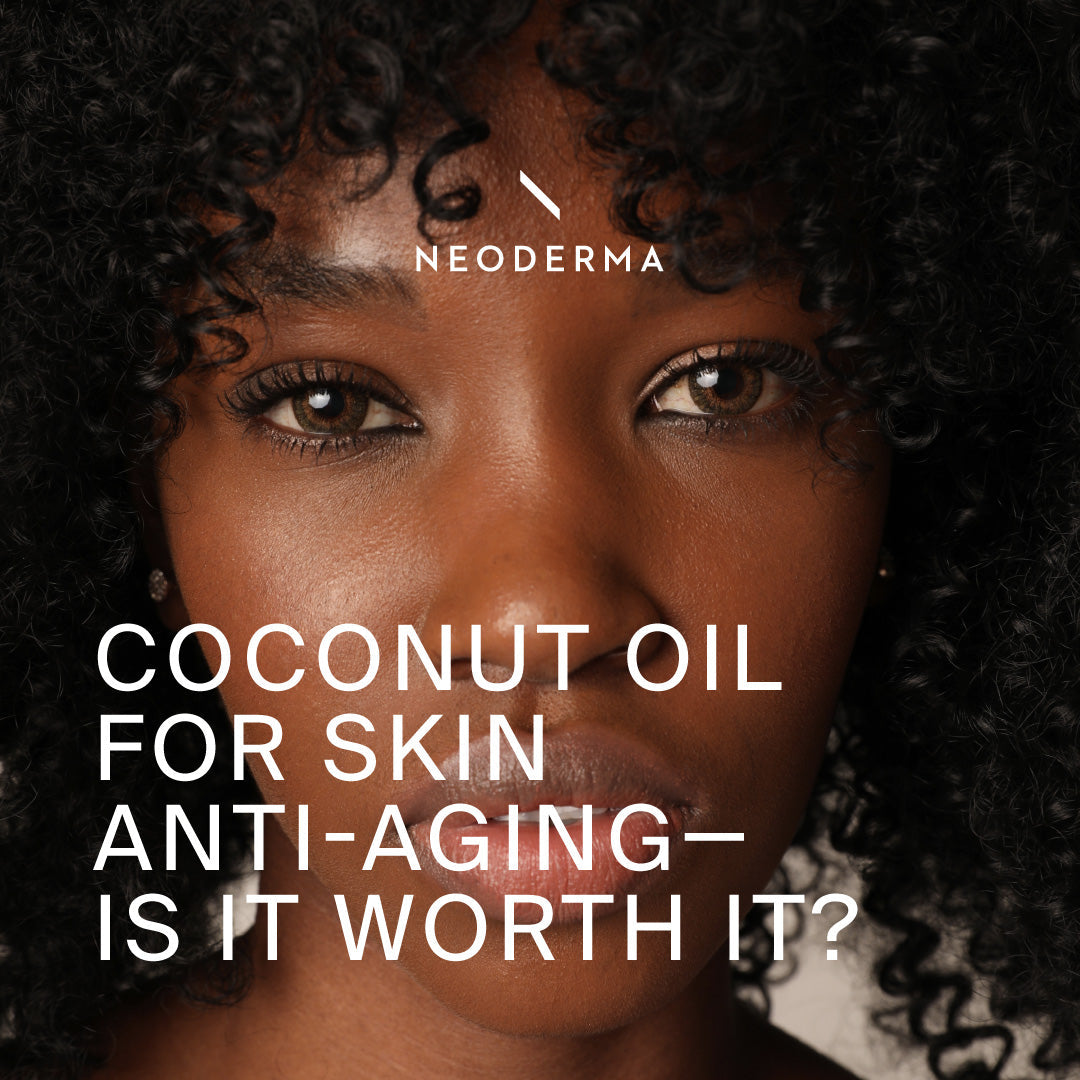Your cart is empty.

The shelves are filled with high-tech anti-aging serums featuring science-backed ingredients and corresponding price tags. But sometimes, the most effective solution is the most unassuming. Coconut oil for skin anti-aging has quietly earned a loyal following—not just in clean beauty circles but among people who want results without the fuss.
This isn’t just some old-school DIY trick from your grandma’s kitchen. There’s real logic behind why coconut oil can support aging skin, and for the right skin type, it can be a total game-changer.
Why aging skin needs more than moisture
As we age, skin naturally becomes thinner, drier, and more prone to texture changes. The protective barrier weakens, cell turnover slows, and collagen levels drop. Translation? Lines settle in, elasticity fades, and that smooth, even glow starts to vanish.
What makes coconut oil for skin anti-aging so interesting is that it addresses several of those issues all at once. It’s deeply moisturizing, yes, but it’s also rich in antioxidants that fight off environmental stress—the kind that speeds up aging. It helps support the skin’s natural barrier, leaving it looking softer, calmer, and more nourished.
How coconut oil works its magic
One standout feature of coconut oil for skin anti-aging is its fatty acid profile. Lauric acid, in particular, gives it a uniquely rich, creamy texture that sinks into the skin rather than sitting on top. This helps reduce rough patches and gives tired skin a smoother, more supple finish.
Its antioxidant content—especially vitamin E—adds another layer of defense, helping reduce the visible effects of sun damage and pollution. Unlike some anti-aging ingredients that can be drying or irritating, coconut oil calms as it treats, making it ideal for mature skin that’s also sensitive or easily overwhelmed.
Using coconut oil for skin anti-aging: What actually works
Now, here’s where people get it wrong: more isn’t better. Slathering on a thick layer of coconut oil won’t speed up results—it’ll just clog your pores and make your face feel heavy. The key is moderation. Use a small amount on clean skin, ideally at night, as the last step in your routine.
Some people like to use it alone, while others layer it over firming facial serums or light, natural face moisturizers to seal everything in. If you’re already using actives like retinol or vitamin C, coconut oil can help soothe and balance the skin while those ingredients work behind the scenes.
Is it for everyone? Not quite.
Here’s the honest truth: coconut oil for skin anti-aging isn’t universal. If your skin is oily or prone to acne, this product may be too heavy and could cause breakouts. But if your skin tends to be dry, flaky, or sensitive—especially during colder months—it can feel like instant relief.
Try it on a small area first. If your skin responds well, start working it into your routine more regularly.